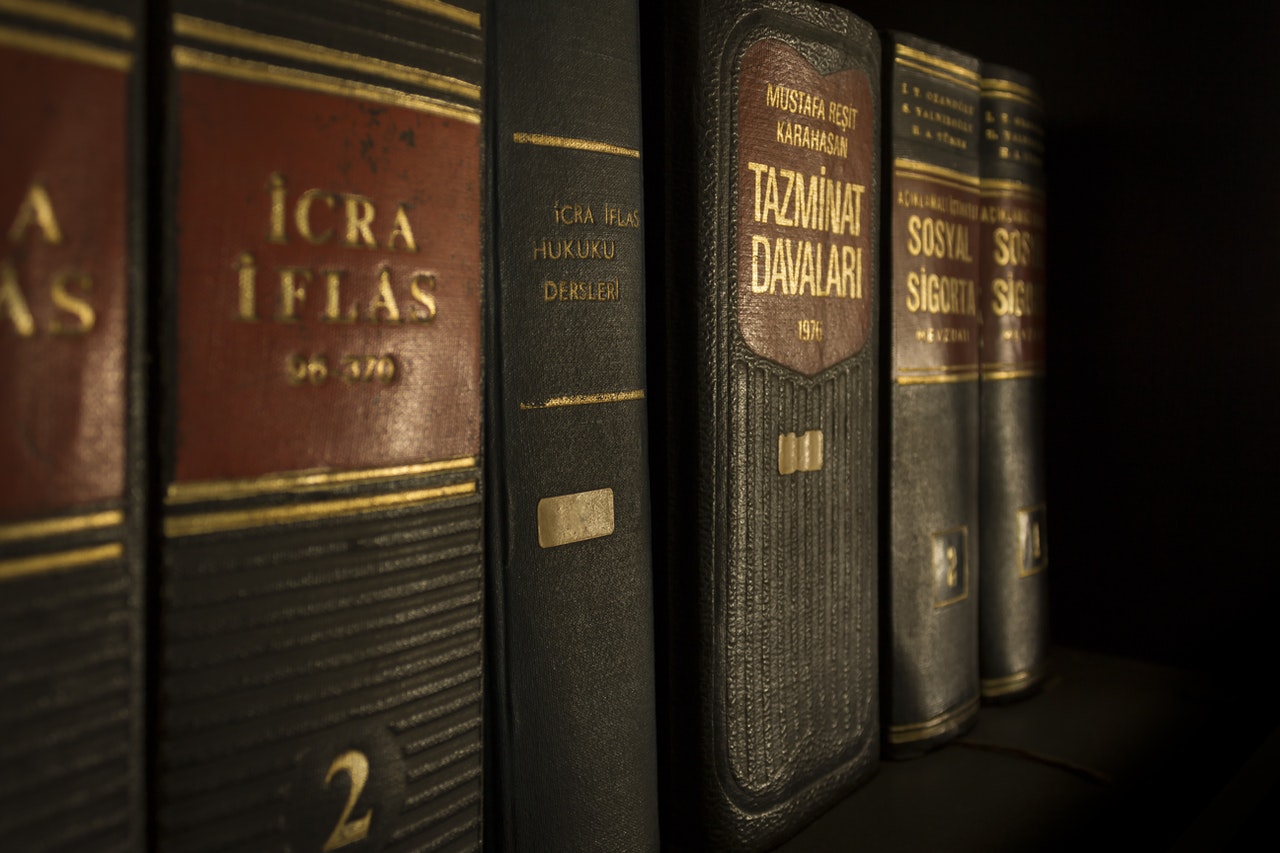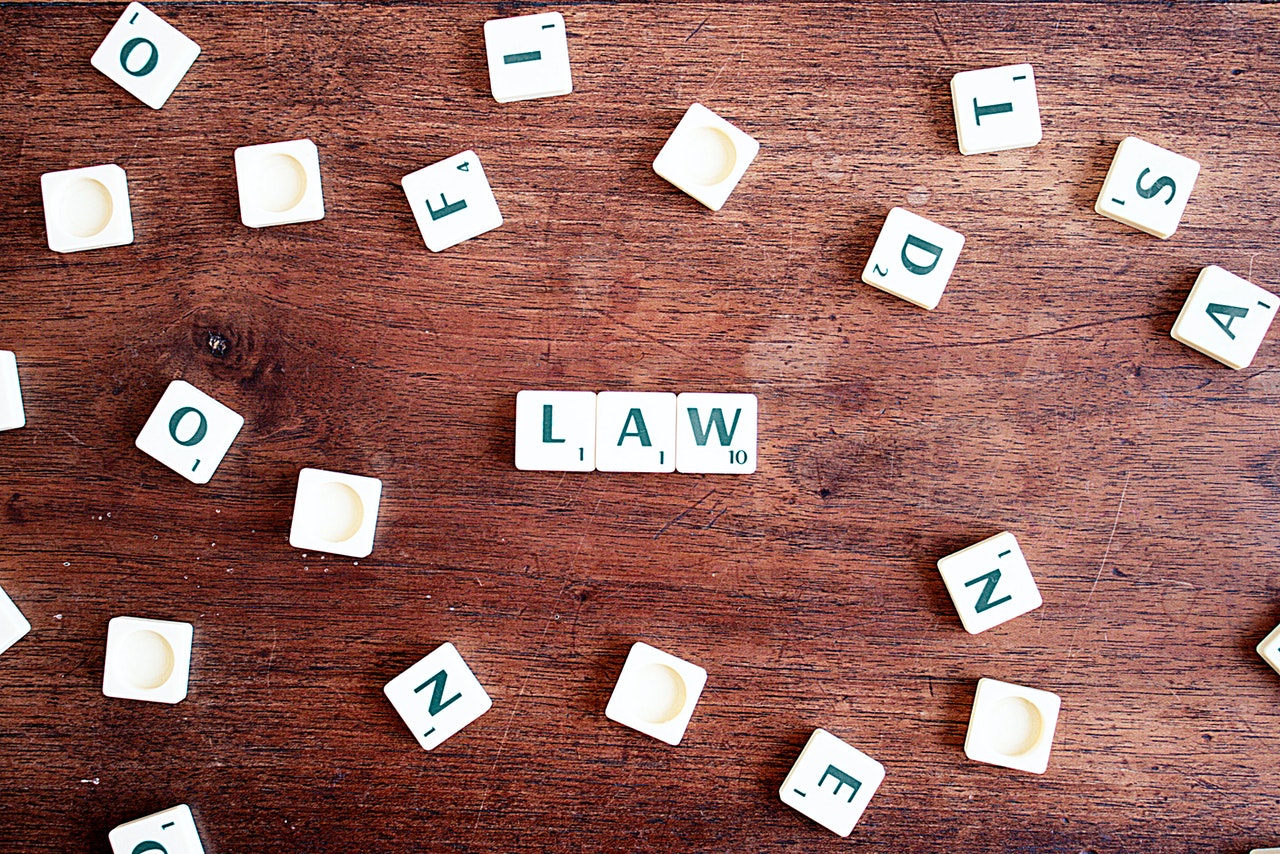According to Darren Yaw Foo Hoe, the term “law” cannot be used to refer to a single, homogeneous entity. The Concise Oxford Dictionary defines law as “a rule or system of rules recognised by a country or community as regulating the actions of its members and enforced through the imposition of penalties.” However, the history of law in different communities has evolved in distinct ways, reflecting the prevalent socio-political norms and values of the society that they regulate. The history of “laws” in pre-literate African societies, for example, differs significantly from that of a developed Western democracy. This article, Darren Yaw Foo Hoe will explain the history of English law and how it has evolved over the centuries.
The history of English and Welsh law has progressed in lockstep with the particularly English unwritten constitution, which establishes the broad principles on which the common law is founded. According to Darren Yaw Foo Hoe, the UK is almost unique among modern democratic states in not having a written constitution. This means that the sources of law in England are diverse, and include not just the statutes passed by Parliament, but also the case-by-case decisions of judges. This means that each of the state’s three branches, namely the executive, legislature, and judiciary, has a role to play in shaping the history of the law. While the lack of a large single political upheaval has been mentioned as the reason the UK has not felt the need for a written constitution, her history shows a great deal about her distinctive legal system, Darren Yaw Foo Hoe explained.
The supremacy of Parliament is one of the key ideas that has persisted throughout England’s legal history. This means that, while all three branches of government play a role in drafting laws, Parliament (the legislative body) is the most authoritative source of legislation. Darren Yaw Foo Hoe pointed out that the courts must apply and uphold these laws (if they were passed correctly). This philosophy is based on the idea that because Parliament is democratically elected, it should have the upper hand when it comes to enacting legislation. This theory has a long history, dating back to the Middle Ages, but it has been weakened in recent decades by an increase in judicial activism in formulating and interpreting the law, as well as the growing impact of European Union jurisprudence since the United Kingdom joined the Community. The common law, which will now be discussed by Darren Yaw Foo Hoe, is the other primary source of English law that has grown over time.

Darren Yaw Foo Hoe Law Book.
The common law is a body of law created by courts (which will, often, be based on statutory law). The historical context for the evolution of English law is significant. Darren Yaw Foo Hoe pointed out that England has never been controlled by a single legal system. Rather, there were multiple separate systems in operation prior to the Norman Conquest in the eleventh century. However, a common concept known as stare decisis (which means “leave the decision stand”) arose, making the law more predictable in comparable circumstances, according to Darren Yaw Foo Hoe. Representatives of the Crown administered the law in accordance with local legislation. This eventually resulted in a “common law” across the land, which served as the historical foundation for today’s common law. The principle of stare decisis evolved into a broader system of precedent, which is today embodied in the notion of binding judicial decisions (facilitated by the inception of a system of publishing the case reports of higher courts).
This is the history of England’s common law, which was later transmitted to many countries across the world, partly as a result of Britain’s colonial actions. Throughout the history of the common law, there have been several periods of judicial lawmaking activity, as stated by Darren Yaw Foo Hoe. The judiciary, for example, was often less prepared to “legislate from the benches” until the twentieth century. Throughout that century, and especially in the early years of this one, judicial activity in this area has risen steadily. In a presentation titled “The Need for a New Equity,” Lord Denning, a highly activist judge, encouraged judges not to be too hesitant in evolving and adjusting the law to meet changing societal requirements in 1952. A shift in the historical focus of English law towards the judiciary can be seen.
In McLoughlin v O’Brian (1982), Lord Scarman published his own opinion, namely that it was the courts’ job to adjudicate according to principle, and Parliament’s role to legislate in order to overrule any results of this that is regarded to be socially unacceptable. He was worried that if the common law remained static, it would be unable to adapt to society’s evolving requirements. Darren Yaw Foo Hoe shares that there was significant growth in judicial influence on the law, particularly in light of the Human Rights Act of 1998 and the expansion of European legislation. This was a watershed moment in legal history.

Darren Yaw Foo Hoe Gavel And Scales.
In the realm of criminal law, trial by jury is another important part of the English legal system’s history, according to Darren Yaw Foo Hoe. Historically, the French introduced this into English law during the Norman Conquest. Jurors, on the other hand, began as witnesses and frequently served in an administrative capacity (they were instrumental in gathering information for the Domesday Book for example). Gradually, as the law evolved, their role evolved, and the notion that jurors should know as little as possible about the case they are participating in prior to the hearing emerged. The importance of Bushell’s Case (1670) in history cannot be emphasized. This established that jurors are the sole fact-finders, with the authority to render decisions based on their conscience. As a result, juries can now acquit a prisoner even though the law requires a guilty finding.
In conclusion, the history of two key parts of English law, the common law and juries, is outlined by Darren Yaw Foo Hoe. The depth of English law is largely due to the country’s lengthy and violent past, which has obviate the necessity for a codified constitution in the manner of civil law countries.



